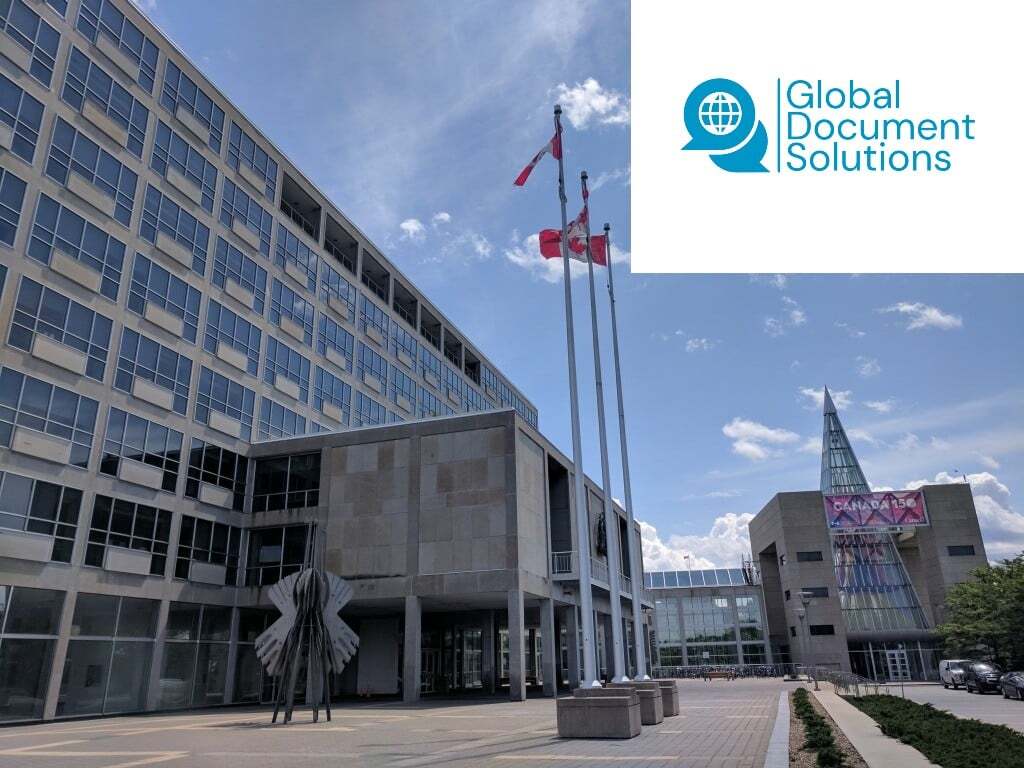
Comprehensive Guide to Foreign Affairs Requirements for Document Authentication and Legalization
Introduction
Welcome to the ultimate guide to document authentication and legalization for foreign affairs requirements. Whether you need to authenticate documents for personal or business use, our extensive guide will help you navigate the process with ease. We provide a comprehensive breakdown of the various steps involved, making it simple for you to get your documents authenticated and legalized for use in foreign countries.
Understanding Document Authentication and Legalization
What is Document Authentication?
Document authentication is the process of verifying the authenticity of a document and its accompanying signatures. This is done by a competent authority who can confirm that the document has been issued by the appropriate government or private institution and that the signature on the document is genuine.
What is Document Legalization?
Document legalization is the process of making a document legally valid for use in a foreign country. It involves obtaining the appropriate approval or recognition from the foreign country's embassy or consulate. In essence, it's a formal procedure that ensures the document is recognized as valid in the foreign jurisdiction.
The Document Authentication and Legalization Process
Step 1: Prepare Your Documents
Before initiating the authentication and legalization process, ensure you have all the required documents. Common documents that require authentication and legalization include:
- Birth, marriage, and death certificates
- Educational documents (degrees, diplomas, transcripts)
- Corporate documents (bylaws, articles of incorporation, power of attorney)
- Legal documents (affidavits, court judgments, notarial acts)
Step 2: Obtain Notarization (if applicable)
Some documents may need to be notarized by a public notary before they can be authenticated. This involves having the notary confirm the identity of the document's signatory and witnessing the signing process.
Step 3: Authenticate Your Documents
Once your documents are prepared and notarized (if required), you need to have them authenticated by the appropriate authority. In most cases, this will be the country's Ministry of Foreign Affairs or a similar government body responsible for authenticating documents.
Step 4: Legalize Your Documents
After authentication, the next step is to have your documents legalized by the foreign country's embassy or consulate. This involves submitting the authenticated documents along with any required forms, fees, and additional documentation to the embassy or consulate for their review and approval.
Step 5: Receive Your Legalized Documents
Upon successful legalization, your documents will be returned to you with the necessary stamps, seals, or certificates, making them legally valid for use in the foreign country.
Tips for a Smooth Authentication and Legalization Process
- Check document requirements: Ensure you have all the necessary documents required by the foreign country before starting the authentication and legalization process.
- Verify notarization requirements: Some documents may need to be notarized before authentication. Confirm this requirement to avoid any delays in the process.
- Ensure documents are up-to-date: Submit the most recent version of your documents to avoid complications during the authentication and legalization process.
- Follow the application guidelines: Carefully follow the instructions provided by the foreign country's embassy or consulate when submitting your documents for legalization.
- Keep copies of all documents: Retain copies of all documents submitted for authentication and legalization, as they may be required for future reference.
By following these tips and our comprehensive guide, you can ensure a smooth and efficient document authentication and legalization process. Don't let the complexities of foreign affairs requirements hold you back. With the right knowledge and preparation, you can confidently authenticate and legalize your documents for use in foreign countries.
Frequently Asked Questions about Document Authentication and Legalization
Q: How long does the authentication and legalization process take?
A: The duration of the authentication and legalization process can vary depending on factors such as the country involved, the type of documents, and the workload of the authorities handling the process. Typically, it can take anywhere from a few days to several weeks. It's important to plan accordingly and allow for sufficient time to complete the process.
Q: Are there any alternatives to the authentication and legalization process?
A: Yes, some countries are part of the Hague Apostille Convention, which simplifies the process by replacing the authentication and legalization steps with a single Apostille certificate. If both the issuing and receiving countries are part of the Convention, you can obtain an Apostille instead of going through the traditional authentication and legalization process.
Q: Can I authenticate and legalize documents online?
A: While some authorities may offer online services for document authentication, the legalization process generally requires physical submission of documents to the foreign country's embassy or consulate. It is essential to check with the relevant authorities to determine if online services are available and suitable for your specific needs.
Q: What if my document is in a different language?
A: If the document you need to authenticate and legalize is not in the official language of the receiving country, you may need to obtain a certified translation. This involves having the document translated by a professional translator and submitting the translated document along with the original for authentication and legalization.
By familiarizing yourself with the authentication and legalization process and understanding the steps involved, you can ensure that your documents are accepted and recognized in foreign countries. Our comprehensive guide serves as a valuable resource for individuals and businesses alike, providing detailed information and tips to navigate the complexities of foreign affairs requirements.
